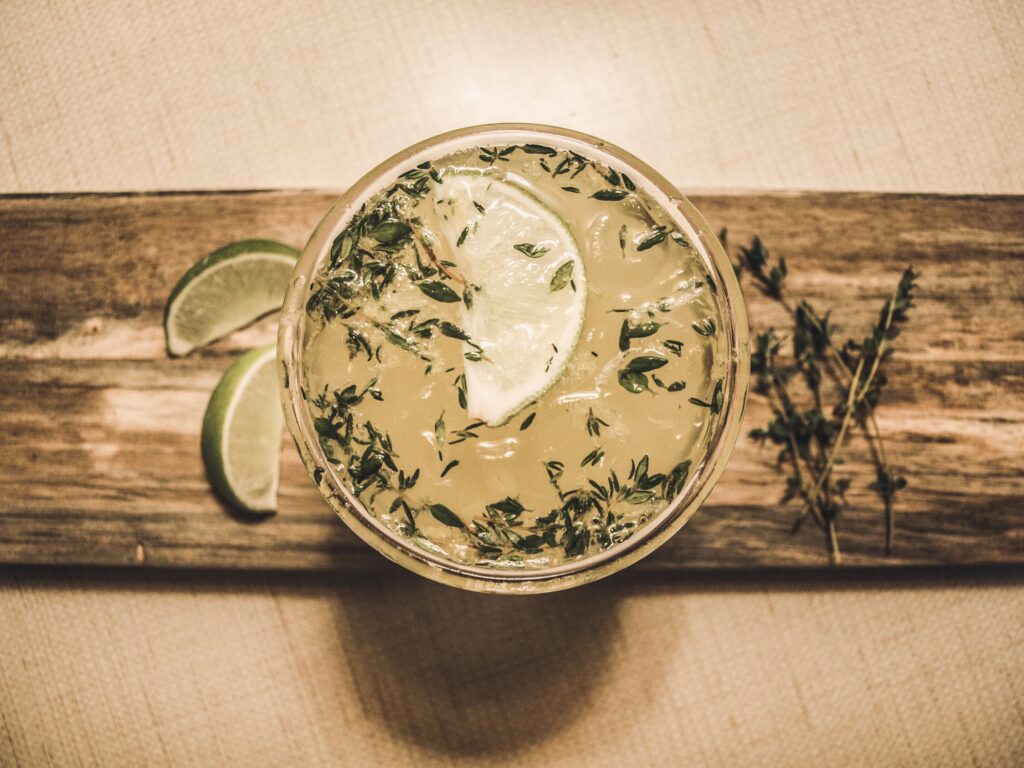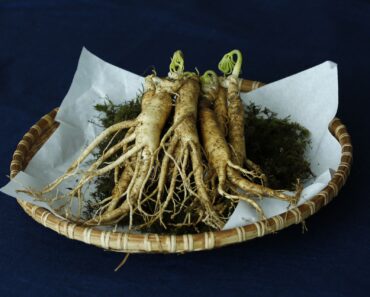
Thyme or wild thyme is small leaves grow on clusters of thin stems. It’s used in a number of cuisines, including European, African, American and Latin and Central American.
Warming, stimulating and with its piquant flavour, thyme exhilarates mind and body alike. It enhances immunity and helps the body to throw off infections such as colds, coughs and flu. Its beneficial effect on the nervous system is excellent for physical and mental exhaustion, and for relieving tension, anxiety and depression.
The Greeks thyme
To the Greeks thyme was an emblem of action and bravery, to the Romans a cure for melancholy. To others, it is a herb to quell fears and nightmares. Made into a soup, it was a medieval cure for shyness.
In 14yh-century England, ladies would embroider a bee hovering over a sprig of thyme on scarves to give to their knights as they went off into battle, to lend them courage. In those days thyme was also prized for its ability to strengthen the brain and increase longevity. Modern science has provided us with a good explanation for this. Thyme acts as an antioxidant, protecting against the harmful effects of free radicals, and thereby helps slow the onset of aging process and degenerative disease.
Made into tisanes or sweet-tasting syrups that children will relish, thyme provides an excellent antiseptic remedy to ward off infections and relieve fevers. As a flavouring in soups and garnish to fresh vegetable juices, such as tomato juice, thyme makes a good digestive, enhancing digestion and absorption, and helping to prevent problems such as wind, colic and indigestion. By stimulating the circulation, thyme is warming and strengthening, enhancing overall health and vitality. Its special affinity for the reproductive system means that both men and women might find that drinking thyme tea could improve their sex life.
Read also: All You Need To Know About Ginseng, Panax Schinseng






